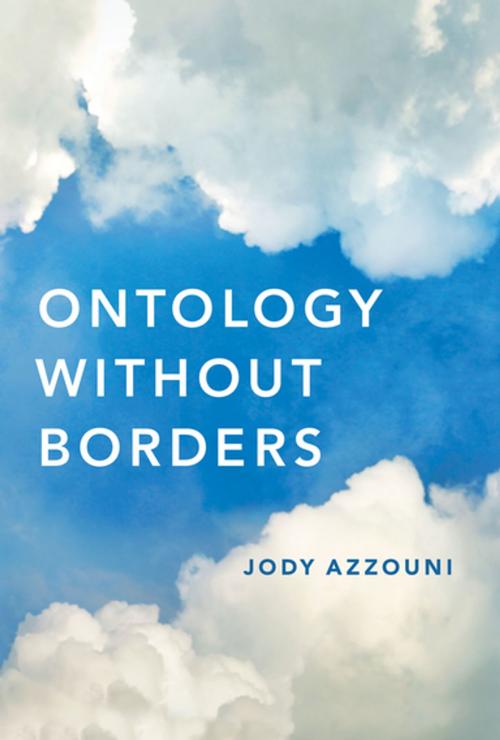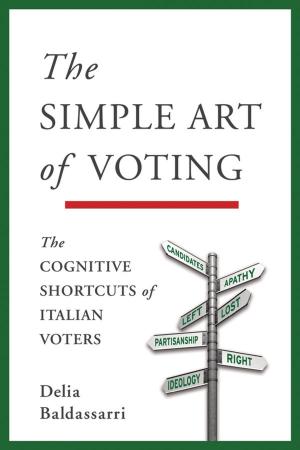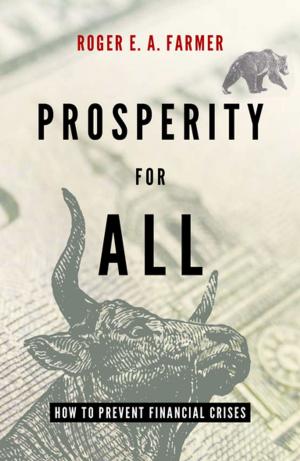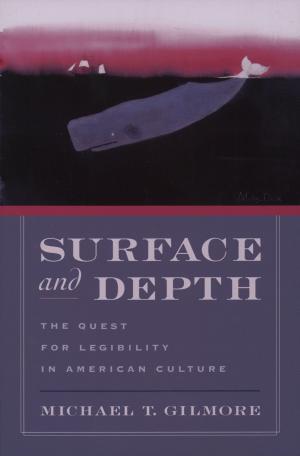| Author: | Jody Azzouni | ISBN: | 9780190622572 |
| Publisher: | Oxford University Press | Publication: | July 20, 2017 |
| Imprint: | Oxford University Press | Language: | English |
| Author: | Jody Azzouni |
| ISBN: | 9780190622572 |
| Publisher: | Oxford University Press |
| Publication: | July 20, 2017 |
| Imprint: | Oxford University Press |
| Language: | English |
Our experience of objects (and consequently our theorizing about them) is very rich. We perceive objects as possessing individuation conditions. They appear to have boundaries in space and time, for example, and they appear to move independently of a background of other objects or a landscape. In Ontology Without Boundaries Jody Azzouni undertakes an analysis of our concept of object, and shows what about that notion is truly due to the world and what about it is a projection onto the world of our senses and thinking. Location and individuation conditions are our product: there is no echo of them in the world. Features, the ways that objects seem to be, aren't projections. Azzouni shows how the resulting austere metaphysics tames a host of ancient philosophical problems about constitution ("Ship of Theseus," "Sorities"), as well as contemporary puzzles about reductionism. In addition, it's shown that the same sorts of individuation conditions for properties, which philosophers use to distinguish between various kinds of odd abstracta-universals, tropes, and so on, are also projections. Accompanying our notion of an object is a background logic that makes cogent ontological debate about anything from Platonic objects to Bigfoot. Contemporary views about this background logic ("quantifier variance") make ontological debate incoherent. Azzouni shows how a neutral interpretation of quantifiers and quantifier domains makes sense of both philosophical and pre-philosophical ontological debates. Azzouni also shows how the same apparatus makes sense of our speaking about a host of items--Mickey Mouse, unicorns, Martians--that nearly all of us deny exist. It's allowed by what Azzouni shows about the background logic of our ontological debates, as well as the semantics of the language of those debates that we can disagree over the existence of things, like unicorns, without that background logic and semantics forcing ontological commitments onto speakers that they don't have.
Our experience of objects (and consequently our theorizing about them) is very rich. We perceive objects as possessing individuation conditions. They appear to have boundaries in space and time, for example, and they appear to move independently of a background of other objects or a landscape. In Ontology Without Boundaries Jody Azzouni undertakes an analysis of our concept of object, and shows what about that notion is truly due to the world and what about it is a projection onto the world of our senses and thinking. Location and individuation conditions are our product: there is no echo of them in the world. Features, the ways that objects seem to be, aren't projections. Azzouni shows how the resulting austere metaphysics tames a host of ancient philosophical problems about constitution ("Ship of Theseus," "Sorities"), as well as contemporary puzzles about reductionism. In addition, it's shown that the same sorts of individuation conditions for properties, which philosophers use to distinguish between various kinds of odd abstracta-universals, tropes, and so on, are also projections. Accompanying our notion of an object is a background logic that makes cogent ontological debate about anything from Platonic objects to Bigfoot. Contemporary views about this background logic ("quantifier variance") make ontological debate incoherent. Azzouni shows how a neutral interpretation of quantifiers and quantifier domains makes sense of both philosophical and pre-philosophical ontological debates. Azzouni also shows how the same apparatus makes sense of our speaking about a host of items--Mickey Mouse, unicorns, Martians--that nearly all of us deny exist. It's allowed by what Azzouni shows about the background logic of our ontological debates, as well as the semantics of the language of those debates that we can disagree over the existence of things, like unicorns, without that background logic and semantics forcing ontological commitments onto speakers that they don't have.















